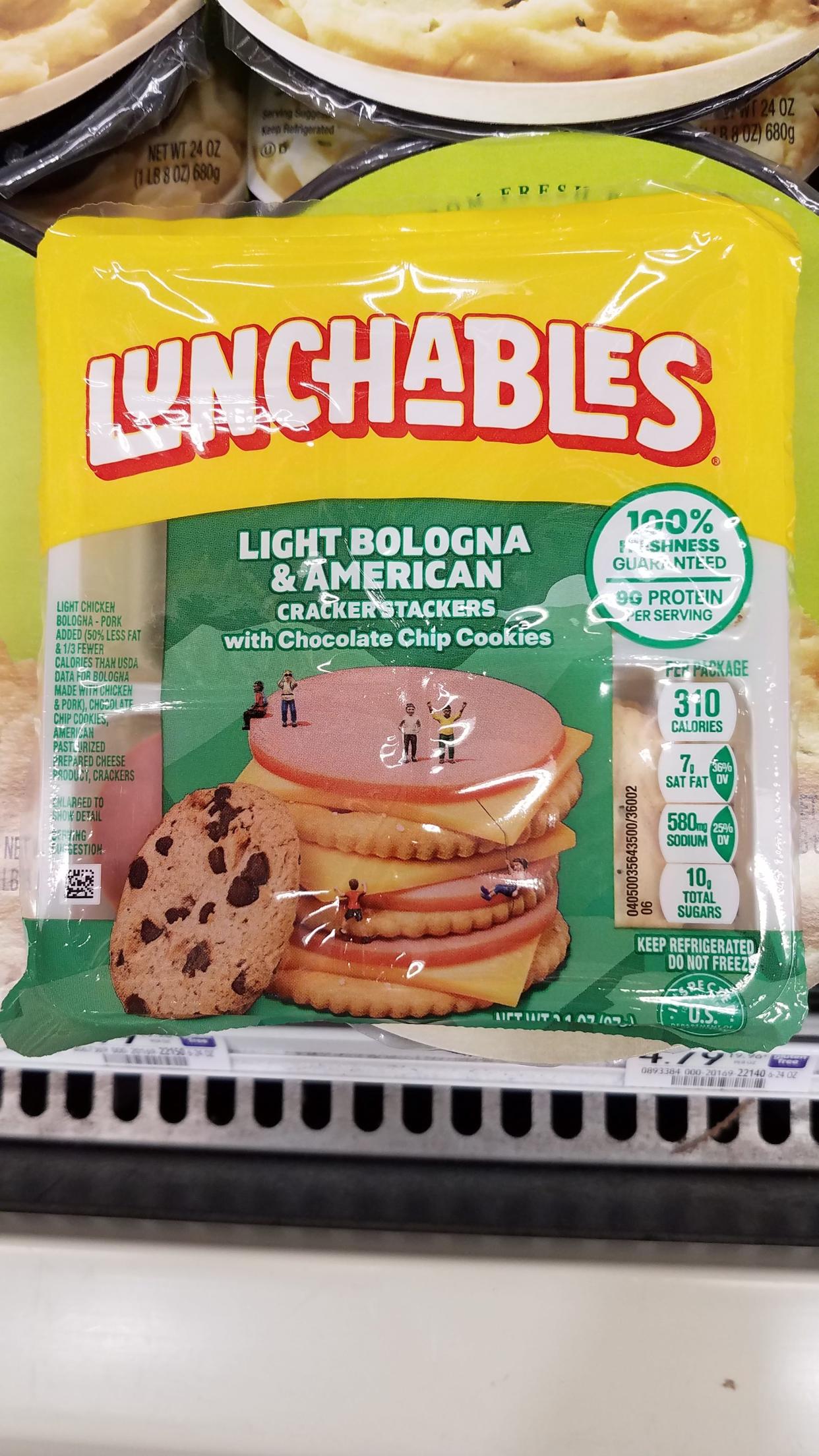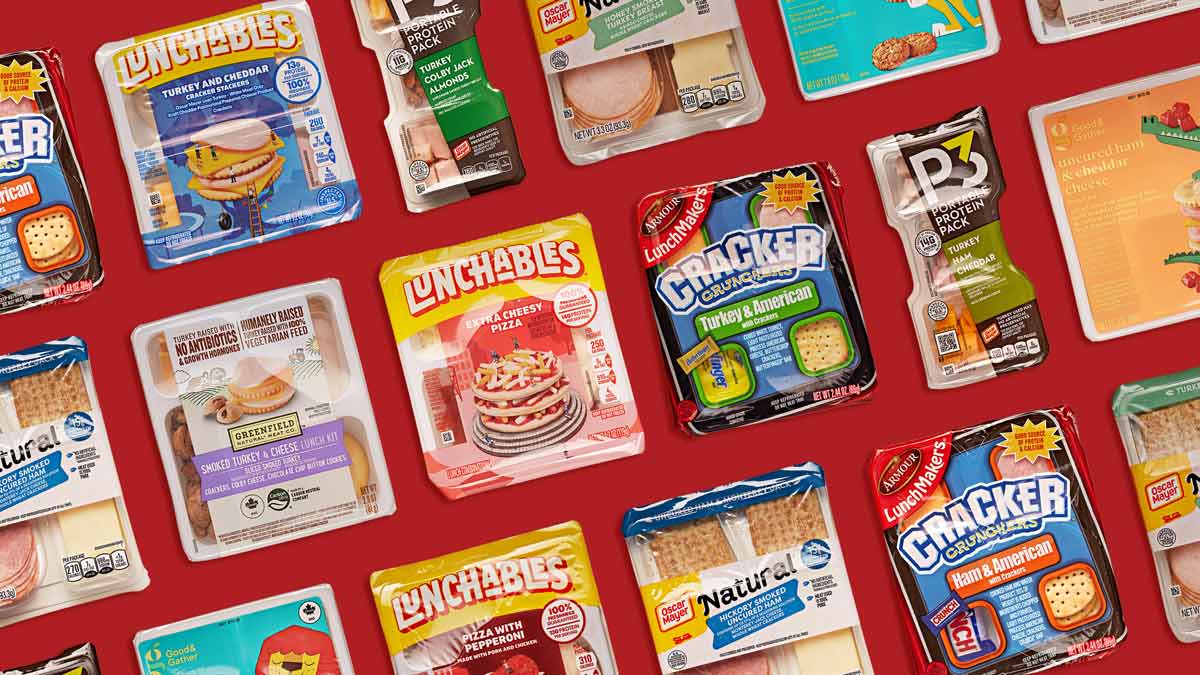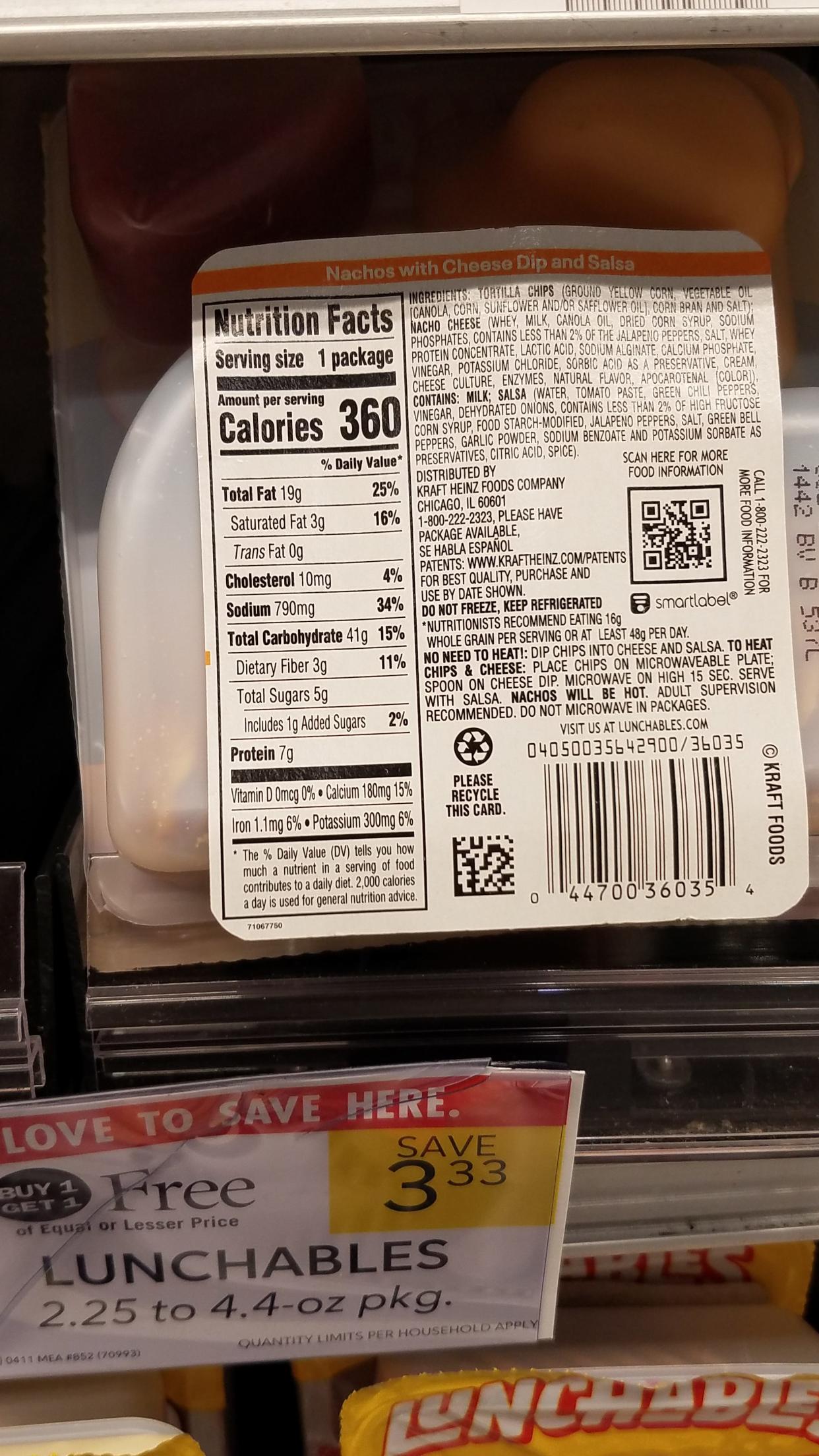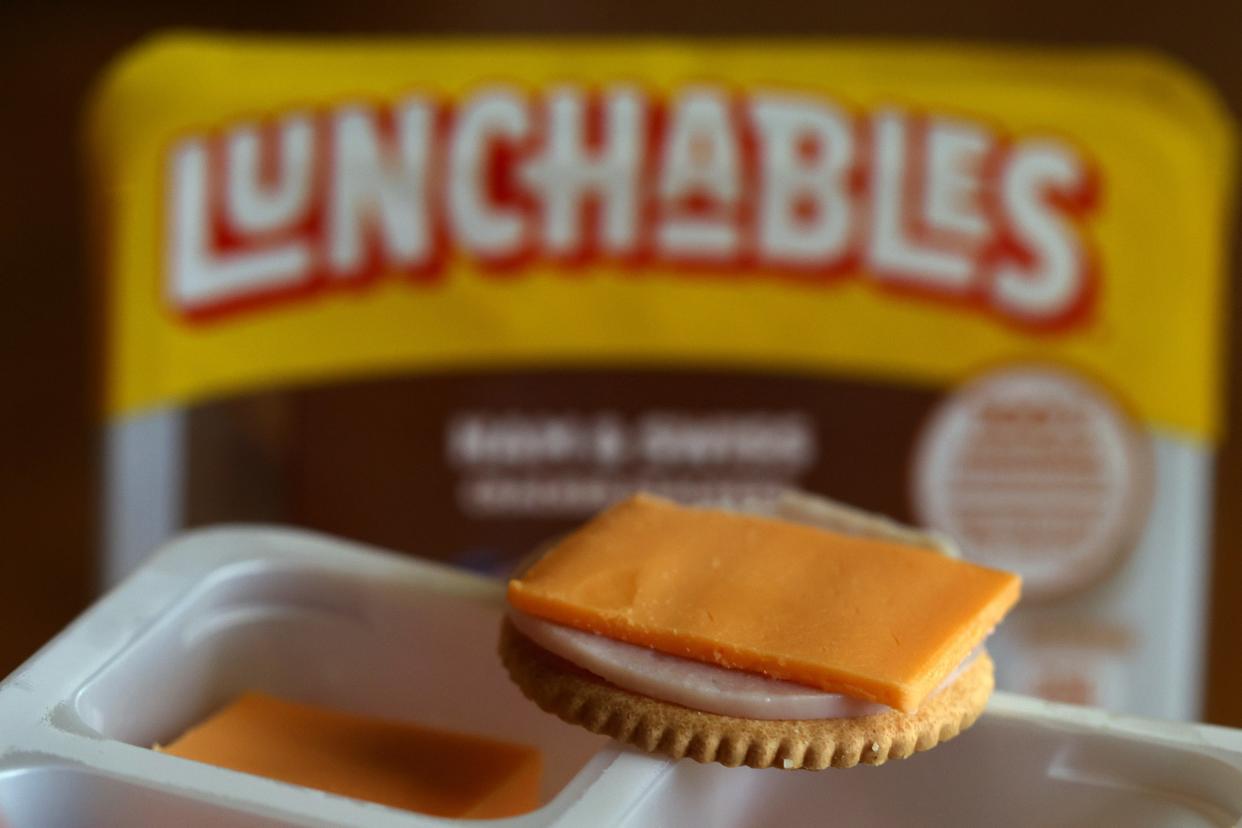I’ve written about the harmful effects of ultra-processed foods in previous columns and how consuming too much of these foods can lead to health problems that can often be prevented with a balanced diet.
The new documentary “Food Inc. 2” points out that 60% of our caloric intake comes from ultra-processed foods.
The latest figures on childhood obesity are alarming. 20% of our children are obese. According to the Child Policy Research Center (cincinnatichildrens.org) and 33.1% of children are overweight or obese in Florida.

Food and nutrition: Still Processing: Evidence Accumulates Against Ready-to-Eat Food | Mark Mahoney
A systematic review and meta-analysis found that obese children and adolescents were about five times more likely to be obese in adulthood than those who were not. About 55% of obese children become obese in adolescence, about 80% of obese teenagers will remain obese in adulthood, and about 70% will be obese by age 30.
Recent reports of the marketing of a product called Lunchables, as well as their purchase by families and use in school feeding programs, have raised alarm bells across the country. Today’s column will help reveal some major ongoing issues with this product.
“Lunch is ultra-processed junk food for kids,” said Marion Nestle, a retired professor of nutrition, food studies and public health at New York University.
Lobby of large food companies

Consumer Reports’ findings follow a Washington Post investigation last year that showed how powerful food companies are getting ultra-processed foods like Lunchables to qualify for the National School Lunch Program through years of extensive pressure to reduce the government’s nutritional standards.
Two versions of Lunchables tailored for schools were added to the National School Lunch Program last year, despite protests from many nutrition experts.
As the Washington Post article reports, Kraft Heinz added more protein and whole grains to reformulated Turkey and Cheddar Cracker Stacker meals, but also increased sodium.
Big food companies have argued that pizza sauce and chips should count as vegetables, as they now do, and have reduced almost all regulation of food advertising to children.
The case against Lunchables:

The advocacy group Consumer Reports is calling for the removal of Lunchables from school trays across the country after discovering high levels of lead, sodium and a potentially harmful chemical in their packaging in products sold in stores.
Tests by Consumer Reports found that store-bought Lunchables and similar lunch kits tested contained levels of sodium and lead, harmful chemicals that can cause serious health problems over time.
High levels of lead have been linked for decades to developmental problems in children. High sodium levels like those found in Lunchables have the potential to increase children’s risk of developing high blood pressure.
The tests also found phthalate chemicals used in plastics in the packaging of some of the Kraft Heinz store-bought items they tested. Phthalates are linked to health problems involving hormonal disruptions.
Some final thoughts on Lunchables
According to a statement from Brian Ronholm, director of food policy at Consumer Reports, the USDA should remove Lunchables from the National School Lunch Program and ensure that enrolled children should have healthier options.
Additionally, Ronholm said the Consumer Reports findings reinforced the need for strong school lunch standards to ensure children have access to healthy foods while their brains are developing.
As a long-time advocate of less processed foods, the use of Lunchables in the school lunch program or as part of a child’s diet should be discouraged. The role of parents should be to model good habits for their children and be aware of consumers in the marketing of such unhealthy products as Lunchables (or other ultra-processed foods).
Let’s be advocates for our children and give them the best chance for the best possible quality of life by becoming expert advocates for them.
Additional Information
The Washington Post investigation, How lunches ended up on school lunch trays is described at the link: Weak rules allow ultra-processed foods like Lunchables on school menus – Washington Post
A new study offers clues that healthier school lunches may help reduce obesity. See the report at npr.org.
The Centers for Disease Control and Prevention (CDC) has a relevant description for childhood obesity at cdc.gov.
See America’s Health Rankings for data on overweight or obese youth in Florida at americashealthrankings.org.
A brief description of the new documentary film, Food, Inc. 2, which discusses the dangers of ultra-processed foods, is available at the New York Times link at nytimes.com.
Mark A. Mahoney, Ph.D. He has been a registered dietitian/nutritionist for over 35 years and completed graduate studies in nutrition and public health at Columbia University. He can be contacted at marqos69@hotmail.com.
This article originally appeared in the Tallahassee Democrat: Case Against Lunchables: Ultra-Processed ‘Junk Food’ Has Risks
#case #Lunchables #Ultraprocessed #foods #pose #risks #children #Mark #Mahoney
Image Source : www.aol.com
